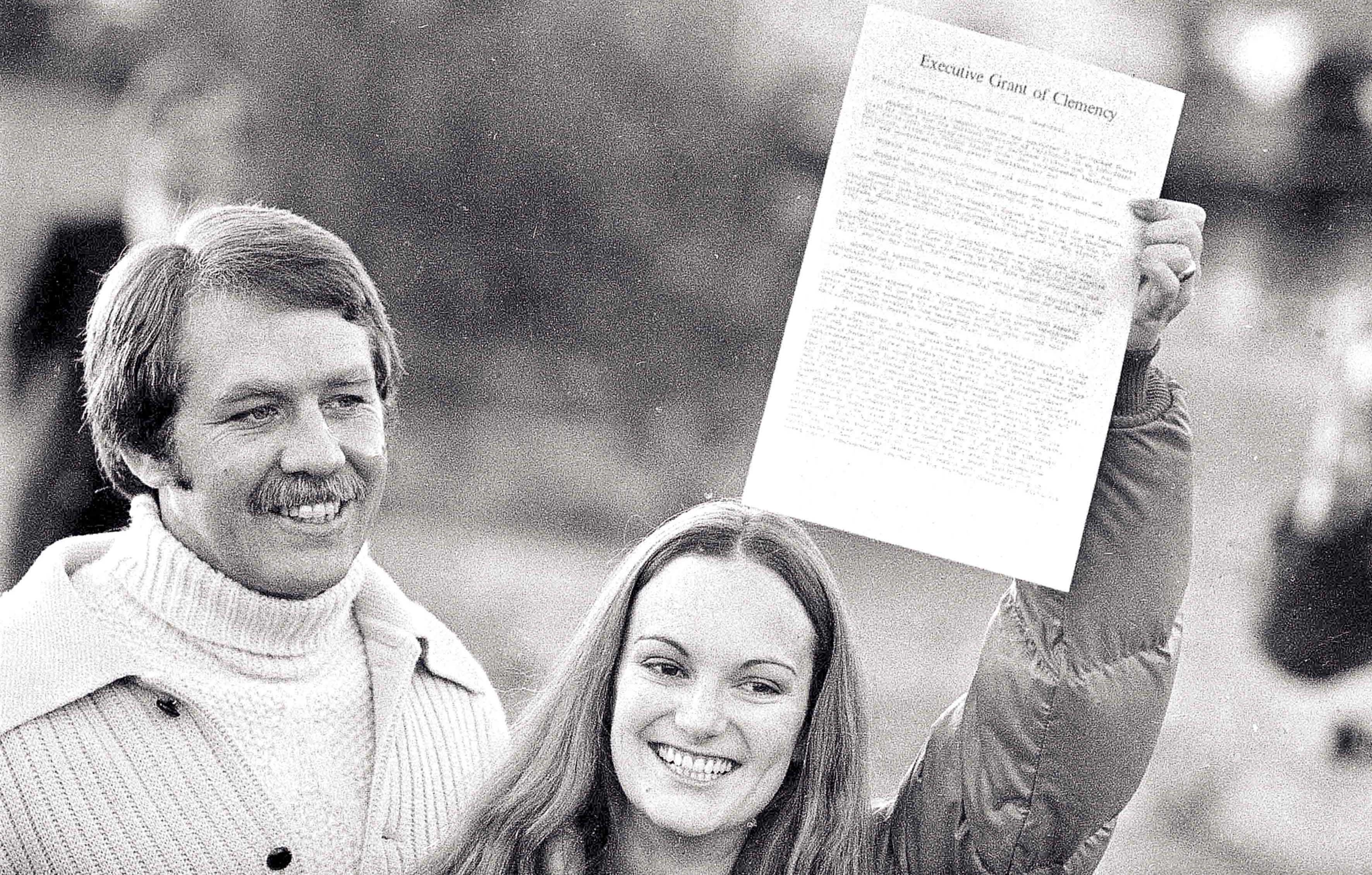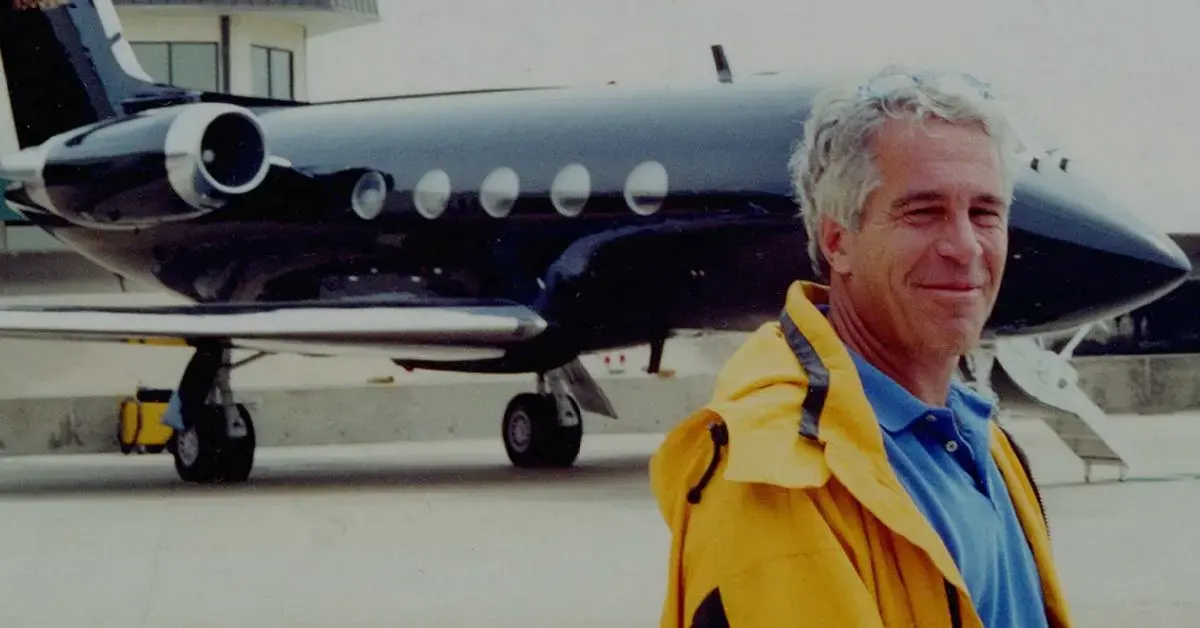The Hunt for Patty Hearst: A Guerrilla Gang Kidnapped Postdeb Patty — And Turned Her Into Terrorist Tania

March 9 2022, Published 4:47 p.m. ET
The Patty Hearst kidnapping was one of the most frustrating and costly episodes in FBI history.
It began on the evening of Feb. 4, 1974, when postdeb Patricia Campbell Hearst, 19, was abducted from the Berkeley, Calif., apartment she shared with her fiancé, Steven Ward, 23. She was carried off by a group that called itself the Symbionese Liberation Army (SLA) — an organization of black and white radicals whose stated goals were the destruction of the capitalist state; state control of industry by the people; the establishment of communes; and the end of all prison systems.
The FBI entered the case immediately.

Much of the Patty Hearst file consists of letters and tapes sent by the SLA. In a letter claiming responsibility for the crime, the group described Hearst’s father, millionaire publisher Randolph A. Hearst, as “a corporate enemy of the people,” and threatened, “Should any attempt be made to rescue the prisoner or arrest or harm any SLA members, the prisoner will be executed.” The SLA demanded that the Hearsts provide $70 worth of food for every needy person in California. This gesture, said SLA leader Donald DeFreeze, who called himself Field Marshal Cinque, would be considered an act of good faith.
On Feb. 16, a tape arrived with a message from Patty. “Mom, Dad, I’m OK,” she said. “I’m with a combat unit that’s armed with automatic weapons… these people aren’t just a bunch of nuts — they’re perfectly willing to die for what they are doing… I want to get out of here, but the only way I’m going to is if we do it their way.”
She also expressed her fear that “the FBI would come busting in on me,” adding, “this act of war on the part of the FBI will result in many deaths.” At that point, FBI Director Clarence Kelley wrote in his memoirs, he realized that Hearst was being brainwashed.

In fact, Hearst was kept imprisoned — tied up and blindfolded in a two-by-six-foot closet — in a house in Daly City, a suburb south of San Francisco. During her initial eight-week captivity, she was regularly threatened, raped and subjected to a brutal brainwashing of “ruthless, mind-altering Marxist-Maoist ideology.”
On April 3, the FBI received a tape in which Hearst announced she was changing her name to “Tania” and was joining the SLA. “I have chosen to stay and fight,” she said. On April 15, the SLA robbed the Sunset District branch of the Hibernia Bank; cameras activated during the holdup confirmed that Patty Hearst was an armed participant. A federal warrant for her arrest was sworn out.
The SLA then moved to Los Angeles. On May 17, the FBI received a tip that the group was holed up in a house at 1466 East 54th Street. The place was quickly surrounded by hundreds of policemen, SWAT teams and helicopters. When tear-gas canisters were fired into the house, the SLA responded with heavy machine-gun fire. After an hour of ferocious gun battle, the house burst into flames. The SLA members continued to empty their weapons until they burned to death.

It was 24 hours before it was determined that the badly burned body of a woman found in the rubble was that of Camilla Hall, not Hearst. In fact, Hearst, along with SLA members William and Emily Harris, had gotten lost and were unable to find their way to the hideout.
Afterward Hearst made a 33-minute tape about her love for SLA member William “Cujo” Wolfe, who had died in the fire. “It was not easy watching our comrades die,” she said. “I know what I have to do.”
For 15 months, the surviving SLA members hid in Pennsylvania and New York. Eventually they returned to California and, with new members they recruited, bombed a police station and robbed a post office and two banks.
The hunt for Patty Hearst ended on Sept. 18, 1975, when Kelley received a call from San Francisco saying the FBI had found Hearst, who’d surrendered meekly. The Harrises were arrested at an apartment a mile away.


Following a two-month trial, Hearst was convicted of armed robbery and sentenced to seven years in prison. In 1979, after serving 22 months and 17 days, the sentence was commuted by President Jimmy Carter.


